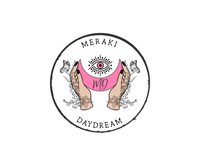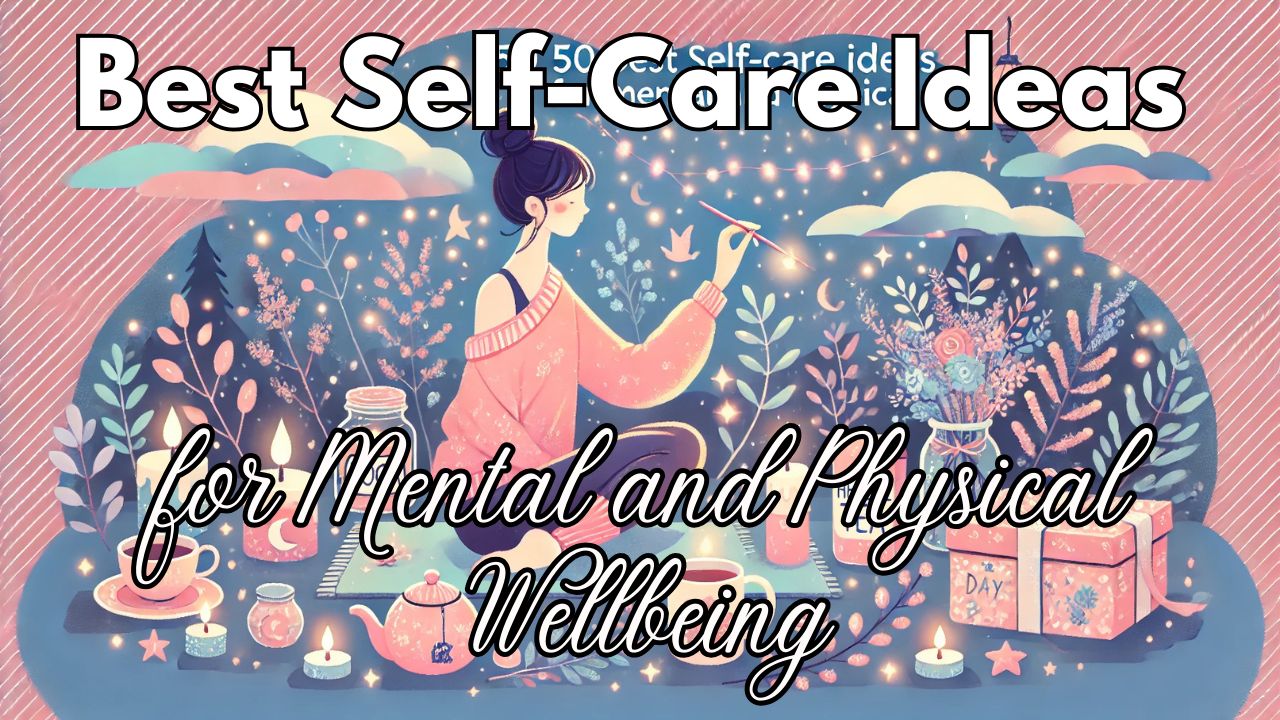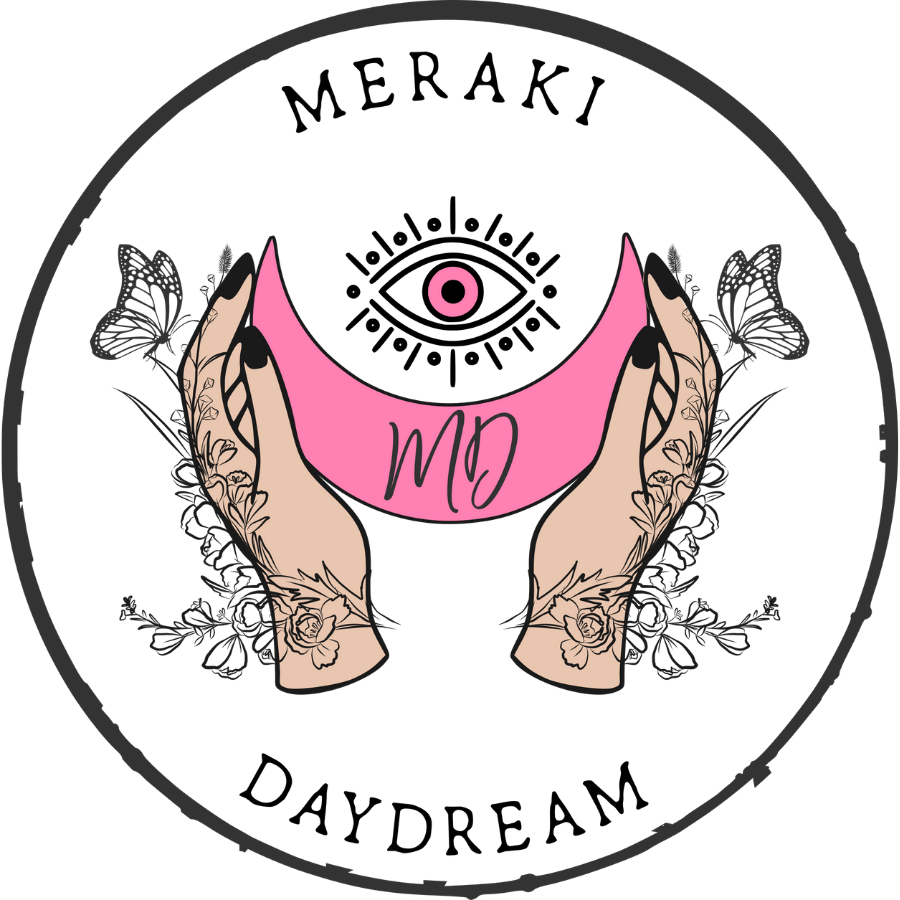50 Best Self-Care Ideas for Mental and Physical Wellbeing
On a chilly winter morning, Emma felt overwhelmed by her life's demands. She had work deadlines, family duties, and daily tasks. During her lunch break, she read about self-care's benefits for mental and physical health. She started with simple routines like walking, mindfulness, and journaling.
Soon, she noticed big changes. She felt calmer, happier, and had more energy. Her experience shows that self-care can make a big difference.
Research backs this up. Activities like art and crafting can lower anxiety and stress. Positive thinking also helps, leading to better heart health and mental wellbeing.
This article will share 50 self-care ideas for better mental and physical health. We'll cover exercise, nutrition, emotional control, and stress relief. GoodRx Health experts say self-care can be customized to fit your life.
If you want to manage anxiety or depression, or just improve your daily routine, these tips are for you. Remember, self-care is about listening to and honoring your needs, just like Emma did.
Understanding the Importance of Self-Care
Self-care is key for our well-being. It includes many personal growth activities. Knowing how self-care works can help us enjoy its benefits.
Definition of Self-Care
Self-care means doing things that make us feel better physically, mentally, and emotionally. The World Health Organization (WHO) says it's about keeping healthy, preventing sickness, and dealing with illness. It's about taking time for ourselves to do things that make us feel good.
Benefits of Regular Self-Care Practices
Doing self-care regularly has many benefits. It lowers stress, anxiety, and depression, and makes us happier. It also helps us focus better, feel less angry, and have more energy.
It stops burnout, makes us feel better about ourselves, and shows we deserve care. These mental health tips are backed by science. They improve our physical health too, like our heart and immune system.
Impact on Mental and Physical Health
Self-care greatly improves our mental and physical health. It reduces anxiety, depression, and stress. It also helps manage chronic conditions, reduces stress, and makes relationships and jobs better.
For our physical health, self-care increases energy, improves sleep, and helps prevent diseases. So, taking care of ourselves is essential for a better life.
| Benefit | Mental Impact | Physical Impact |
|---|---|---|
| Reduces Stress | Yes | Minimizes risk of chronic diseases |
| Improves Concentration | Enhanced focus | Boosts energy levels |
| Increases Happiness | Elevated mood | Better sleep |
| Prevents Burnout | Emotional balance | Physical rejuvenation |
| Boosts Self-esteem | Higher self-worth | Strengthens immunity |
Self-care is vital for our health. It helps us grow and feel better. By doing personal growth activities and following self-love strategies, we get immediate benefits and long-term health and happiness.
Physical Self-Care Ideas
Physical self-care is key to staying healthy and feeling good. Here are some ways to improve your self-care routine. They include healthy habits, relaxation methods, and stress relief techniques.
Exercise and movement
Regular exercise is vital for self-care. A short walk each day can lift your mood and clear your mind. Studies show walking in nature boosts mental health.
Activities like yoga and strength training keep your body strong. They help fight off diseases like arthritis and diabetes.
Nutrition and hydration
Eating a balanced diet is essential for self-care. Skipping important nutrients can make you feel tired. Drinking enough water is also key for your health.
A healthy body works better. It helps your mind and emotions stay in top shape.
Sleep and rest
Getting enough sleep is non-negotiable. Adults need 7-9 hours each night for their wellbeing. The Sleep Foundation says it's vital for mental and physical health.
Try a bedtime routine or avoid screens before bed. It can help you sleep better. This leads to less stress and a more balanced life.
Mental Self-Care Practices
Mental self-care is key to keeping our minds and emotions healthy. Doing things that make our minds feel good can lower stress and make us stronger emotionally. In today's world, adding mindfulness to our daily lives is essential for staying balanced.
- Mindfulness Practices: Mindfulness, like meditation and deep breathing, helps us focus and feel less anxious.
- Educational Pursuits: Learning new things through reading or taking courses keeps our minds sharp and boosts our confidence.
- Engaging in Hobbies: Hobbies like painting or gardening give us creative outlets and help us relax.
- Setting Healthy Boundaries: Saying 'no' and taking time for ourselves is important for our mental health.
The World Health Organization (WHO) says self-care is about taking steps to improve our health and well-being. It's about finding what works best for each person.
Also, having a self-care plan that fits our life is important. As our lives change, so should our self-care. Taking care of ourselves in a way that feels right for us leads to a happier, more fulfilling life. Remember, regular self-care helps keep our minds and emotions stable.
Emotional Self-Care Strategies
Emotional self-care is key for feeling good and growing as a person. By making these habits part of your day, you can learn to love yourself better. This boosts your ability to handle tough times.
Journaling and Self-Reflection
Writing in a journal and thinking deeply about yourself are great ways to understand your feelings. They help you spot patterns, set limits, and figure out what makes you upset. Studies show that over 75% of people feel better after journaling or meditating.
Practicing Gratitude
Being thankful can change how you feel about life. About 80% of people say saying thanks to themselves and others makes them happier. It helps build good relationships and makes you feel more at peace.
Emotional Regulation Techniques
Learning to control your emotions is important for staying calm and happy. Around 60% of people find it hard to know what makes them upset. But with activities like mindfulness and therapy, it gets easier. Techniques like deep breathing or muscle relaxation can help.
| Challenge | Percentage |
|---|---|
| Struggle with setting boundaries for emotional self-care | 45% |
| Difficulty in understanding emotional triggers | 60% |
| Difficulty in prioritizing emotional needs | 70% |
| Setting boundaries to protect emotional well-being | 55% |
Using these emotional self-care methods can really help you feel better and love yourself more. Regularly journaling, being thankful, and learning to manage your emotions are important. They help you grow and keep your mind healthy.
Social Self-Care Activities
Taking care of our social connections is key to a balanced life. Studies show that staying connected can lower loneliness and stress. Simple steps like walking with friends, helping out in the community, and enjoying fun activities can boost our mood and reduce stress.
Being around others helps us feel supported and builds strong relationships. This is vital for our emotional health. Caregivers, for example, find comfort in online support groups. They share experiences and get advice, which helps them cope with their challenges.
Doing social activities helps us find a better balance between work and life. Joining group fitness classes or book clubs can refresh our minds. Even having pets at work can make the environment more relaxed and happy.
The table below shows how social self-care can improve our well-being:
| Benefit | Description |
|---|---|
| Improved Social Connections | Strong relationships improve communication and make us feel connected. |
| Stress Relief | Interactions and activities help us escape stress. |
| Mental Stimulation | They keep our minds sharp and reduce anxiety and loneliness. |
| Increased Happiness | Supportive relationships lead to more happiness and well-being. |
| Enhanced Sense of Belonging and Community | They help us feel part of a community, reducing isolation. |
| Increased Resilience and Coping Skills | They offer emotional support and guidance during tough times. |
| Improved Communication and Interpersonal Skills | They enhance listening, empathy, and expression, important for success. |
| Increased Self-Esteem and Self-Confidence | Positive interactions boost our self-esteem and confidence. |
| Broadened Perspectives and Cultural Awareness | They introduce us to different views, promoting tolerance and diversity. |
In summary, investing in social self-care greatly improves our life quality. By nurturing connections and achieving a work-life balance, we enhance our mental and emotional health. This leads to a more resilient and fulfilling life.
Self-Care Ideas for Stress Relief
Self-care is key to managing stress. Adding stress relief techniques to your daily life can lower cortisol and boost your mood. Here, we look at mindfulness, breathing exercises, and relaxation methods that help a lot.
Mindfulness and Meditation
Mindfulness and meditation are great for stress. They help you stay in the moment, which cuts down anxiety. Studies show they can also lower cortisol, improve focus, and balance your emotions.
- Mindfulness Practices: Simple methods like body scan meditation and mindful breathing can really help with stress.
- Guided Meditation: Apps like Headspace and Calm offer guided sessions to help you relax and de-stress.
Breathing Exercises
Breathing exercises are also effective against stress. They help relax and increase oxygen to the brain, making you feel calm.
- Deep Breathing: Breathe in slowly through your nose, hold for a few seconds, then breathe out through your mouth. It's very soothing.
- 4-7-8 Technique: Breathe in for 4 seconds, hold for 7, then breathe out for 8. It helps you breathe more slowly and deeply.
Relaxation Techniques
Adding relaxation methods to your self-care routine can help manage stress better.
| Relaxation Techniques | Benefits |
|---|---|
| Progressive Muscle Relaxation | Reduces muscle tension and makes you feel relaxed. |
| Yoga | Combines poses with breathing to reduce stress and improve flexibility. |
| Aromatherapy | Uses essential oils to improve mood and encourage relaxation. |
In conclusion, adding stress relief techniques like mindfulness, breathing exercises, and relaxation methods to your daily routine can greatly improve your health and well-being. These methods are backed by science to help with emotional resilience and stress reduction, making them key for self-care.
Creative Self-Care Practices
Creativity is a special way to take care of yourself, improving both your mind and body. Doing things like painting, writing, or gardening helps you grow. These activities help lower stress and make you feel calm.
SoulCollage® is a great way to add creativity to your self-care. It's about making collage cards with images that show who you are. It's a way to connect with yourself and express your creativity.
Crafting is also a fun and healing way to care for yourself. Knitting, sewing, or making DIY things can be very rewarding. These activities help you focus on the present and reduce stress.
Writing is another powerful tool for self-discovery. Keeping a journal helps you understand your feelings. It also helps you feel more grateful, which is good for your mental health.
Music and dance are also great for personal growth. Playing music or dancing can make you feel happier and more energized. They help you express yourself and reduce stress.
Adding creative activities to your daily life brings joy and improves your well-being. It's a holistic way to take care of yourself.
Self-Care Ideas for Daily Routines
Adding self-care to your daily life makes wellness a top priority, even when you're busy. Daily self-care habits help keep you healthy, reduce stress, and boost your overall well-being. Here are some wellness routines to add to your day.
Morning Self-Care Rituals
Starting your day with positivity is key to being productive and balanced. Begin with warm water to hydrate and wake up your metabolism. Add some gentle exercise to release happy hormones.
Affirmations and meditation help you stay positive. Eating a nutritious breakfast gives you the energy you need. Journaling helps you reflect and set intentions for the day.
Midday Energy Boosters
Keeping your energy up during the day is important. To fight the midday slump, do small activities. Take short breaks to stretch or go for a quick walk.
Stay hydrated and eat healthy snacks to keep your energy up. Connecting with friends or listening to inspiring podcasts can also lift your mood.
Evening Wind-Down Practices
As the day ends, it's important to relax. Avoid screens before bed for better sleep. Try reading, stretching, or taking a warm bath to unwind.
Journaling helps you process the day and get ready for tomorrow. Using hand cream or lavender oil can signal to your body and mind that it's time to rest.
By adding these wellness routines to our daily lives, we lead healthier lives. We become more resilient and find peace and balance.
Conclusion
The self-care journey is a personal and ongoing process. It greatly helps in achieving a balanced lifestyle and better well-being. Adding self-care to your daily routine is not just a luxury. It's a key part of keeping your mind, body, and spirit healthy in today's fast world.
There are many self-care activities to choose from, each tailored to fit your needs. This allows for a more rewarding and healthier life. As we've seen, self-care is not just about taking care of yourself. It's about making your life better and more fulfilling.
With people spending 153 minutes daily on social media, finding time for self-care is essential. Cutting down social media to 30 minutes a day can boost productivity and mental health. Exercise is also critical, helping prevent diseases and reducing stress and anxiety.
Creating art for 45 minutes can lower cortisol levels, and relaxation techniques can help your heart rate and digestion. It's important to remember these benefits.
Building strong social connections and engaging in activities that challenge your mind are also key. Face-to-face interactions can help manage stress and anxiety. Creative practices can nourish your soul and offer therapy.
Creating a self-care routine that fits you, setting boundaries, practicing gratitude, and seeking help when needed are all important steps. By prioritizing self-care, you can lead a healthier, more balanced, and fulfilling life.

P.S. Whenever you’re ready, I would love to support you on your journey! There are currently 6 main ways Meraki Daydream can help you:
#1: Gratitude Journal Freebie:
Gratitude is the foundation of your mindful living journey. If you’re ready to start your daily gratitude practice, grab your free gratitude journal here.
#2: Shop Meraki Daydream for Intentional Fashion and Accessories:
Are you ready to channel your inner goddess and feel confident and empowered while turning daily activities into magical rituals?
#3: Manifestation Magic Potion Guide + Rituals:
If you’re confused by all the tips and tricks floating around the internet about manifestation, and you tried most of them with no results, this is for you.
In this guide, we demystify and debunk common manifestation myths and give you actionable instructions to help you actually achieve success on your manifestation journey.
#4: Spirituality and Self-Love Membership Community:
Tired of not seeing success on your spirituality, self-love and personal growth journey?
Join our spirituality and self-love membership where you can interact with an amazing community of like-minded people, and gain access to practical, actionable resources that have actually been helpful and effective for facilitating internal and external transformation on my personal journey.
#5: Mindful Business Membership Community:
Is your business putting you on the fast-track to burnout? The vibrant, growing community of like-minded people and the large array of actionable resources ensure that you have everything you need to be kind to yourself while growing your business sustainably.
Join our mindful business membership if you’re an entrepreneur who wants to adopt a more effective, but less exhausting approach to professional life.
#6: VIP Support in Both Memberships:
For each membership, you will be given the option to access VIP support, where I, Vansa, will personally assist you and give you feedback and guidance on your individual journey in an interactive group chat.
Just head over to the relevant membership and select the VIP option that suits you best.
Source Links
- These Easy Self-Care Activities Can Dramatically Improve Your Life - https://www.goodhousekeeping.com/health/wellness/g25643343/self-care-ideas/
- 50 easy ways to practice self-care each and every day - https://www.today.com/life/inspiration/self-care-ideas-rcna65285
- 50 self-care activities to do when you don’t know where to start - https://screening.mhanational.org/content/50-self-care-activities-to-do-when-you-dont-know-where-to-start/
- What is Self-Care and Why is it Important For You? - https://www.snhu.edu/about-us/newsroom/health/what-is-self-care
- Self-Care Is a Trendy Buzzword, but What Exactly Is It? - https://www.verywellhealth.com/what-is-self-care-5212781
- Self-Care Series (Part 1) – Oregon Counseling - https://oregoncounseling.com/article/self-care-series-part-1-physical-self-care/
- 50 Self-Care Ideas for a Bad Day - Eugene Therapy - https://eugenetherapy.com/article/50-self-care-ideas-for-a-bad-day/
- 10 Easy Self-Care Ideas That Can Help Boost Your Health - https://www.forbes.com/health/mind/self-care-ideas/
- Self-Care - Active Minds - https://www.activeminds.org/about-mental-health/self-care/
- 5 Types of Self-Care for Every Area of Your Life - https://www.verywellmind.com/self-care-strategies-overall-stress-reduction-3144729
- Strategies for Emotional Self-Care - https://iowaaeamentalhealth.org/self-care/strategies-for-emotional-self-care/
- Self-Care Strategies to Improve Your Overall Mental Health - https://www.helpguide.org/mental-health/wellbeing/self-care-tips-to-prioritize-your-mental-health
- Social Self-Care Ideas to Prevent Feeling Isolated - Families for Depression Awareness - https://www.familyaware.org/social-self-care-ideas-to-prevent-feeling-isolated/
- 26 Social Self Care Ideas To Fill Your Life with Laughter And Love - https://rackupmoments.com/social-self-care-ideas/
- 20 Creative Self-Care Activities For Groups - https://positivepsychology.com/self-care-activities-groups/
- 99 Self-Care Activities That Can Improve Your Quality of Life - GoodRx - https://www.goodrx.com/health-topic/mental-health/self-care-ideas-activities
- 8 Self-Care Tips To Manage Stress - https://psychcentral.com/stress/practicing-self-care-during-stressful-times
- 12 tips to tame stress - https://www.mayoclinic.org/healthy-lifestyle/stress-management/in-depth/stress-relievers/art-20047257
- 100 Best Self-Care Ideas (According to Science)! - https://olgaphoenix.com/blog/100-self-care-ideas-to-create-authentic-life-you-love/
- Mindful Art Activities for Self-Care — Mindful Creative Muse | Mindful Art Activities and Online Classes - https://mindfulcreativemuse.com/creative-self-care-practices
- How to Establish a Self-Care Routine That Actually Sticks (5 min read) - https://stellishealth.com/how-to-establish-a-self-care-routine-that-actually-sticks/
- My Daily Self-Care Routine That Keeps Me Healthy & Happy - Proud Happy Brave - https://proudhappybrave.com/self-care-routine/
- 17 Actually Easy Self-Care Ideas to Nourish Your Body and Mind - https://www.onepeloton.com/blog/self-care-ideas/
- 113 Self-Care Ideas That Transform Your Life — Etactics - https://etactics.com/blog/self-care-ideas
- 10 Essential Self-Care Practices - Wellness Road Psychology - https://www.wellnessroadpsychology.com/10-essential-self-care-practices/




 https://merakidaydream.com/pages/about-us
https://merakidaydream.com/pages/about-us

Share and get 15% off!
Simply share this product on one of the following social networks and you will unlock 15% off!